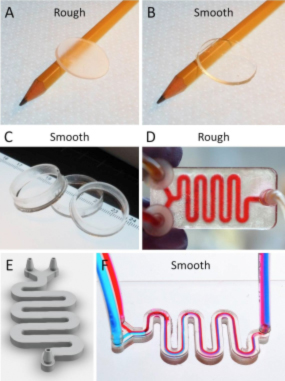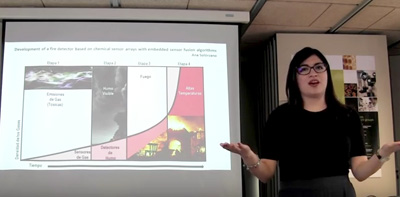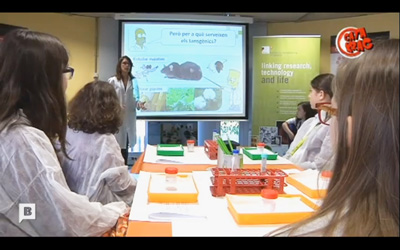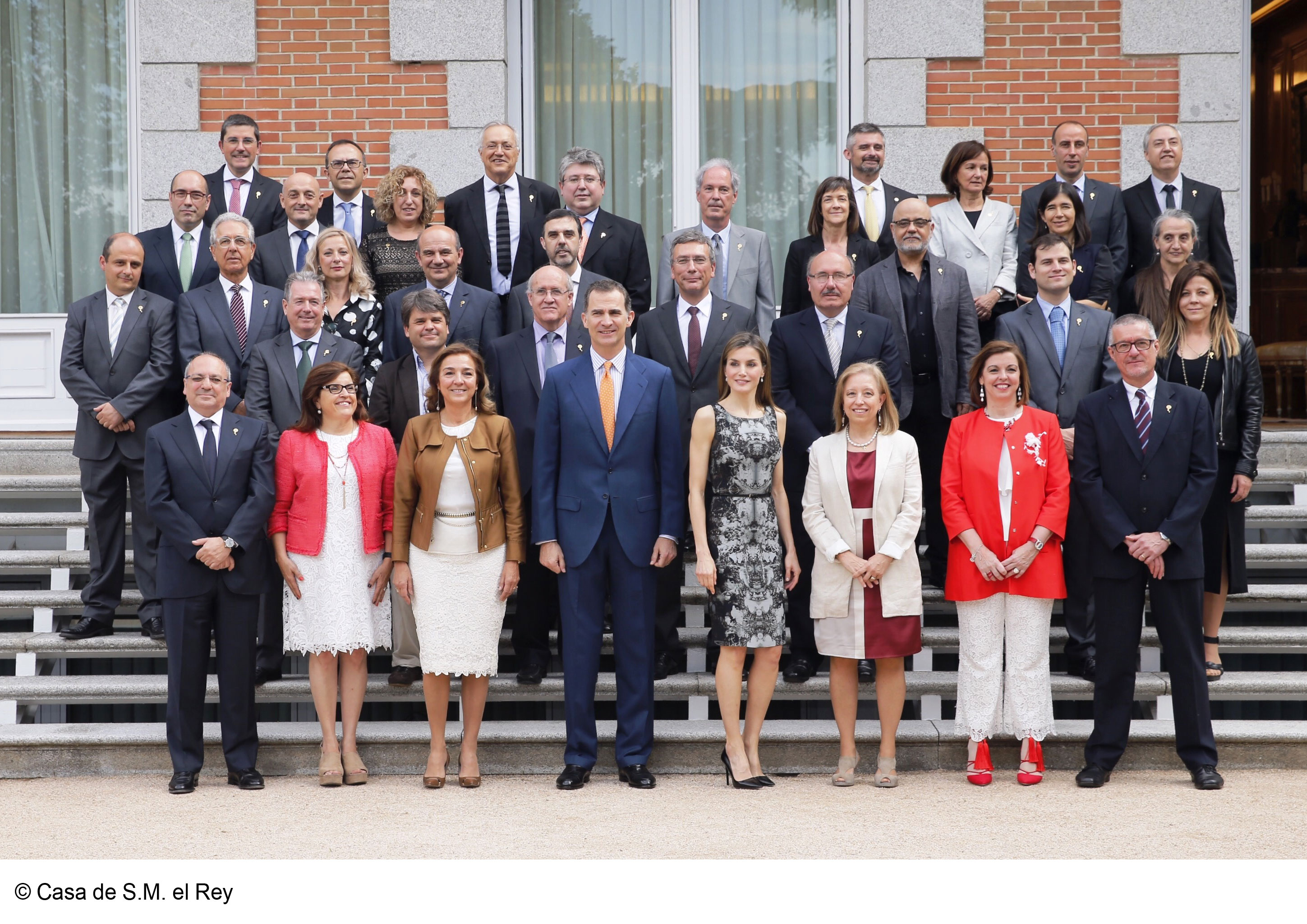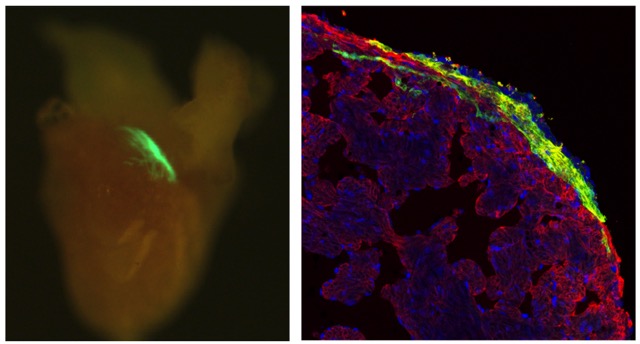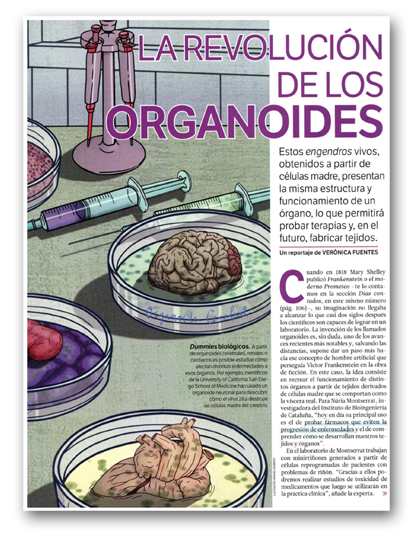Using 3D printing to produce crucial research tools
 With 3D printing set to revolutionise research, IBEC researchers have been exploring the possibilities of using the new technology to already improve their processes and methods.
With 3D printing set to revolutionise research, IBEC researchers have been exploring the possibilities of using the new technology to already improve their processes and methods.
IBEC recently became home to the first 3D bioprinter in Catalonia, which promises to open up exciting new avenues in tissue and organ regeneration. First, though, in a collaboration with the UPF, the CINVESTAV-Monterrey in Mexico, and the University of Washington, the Barcelona-based scientists developed a new way of producing microfluidic devices – systems in which low volumes of fluids are processed.

